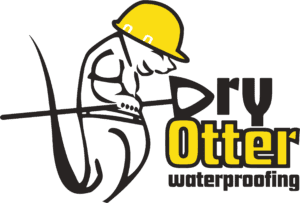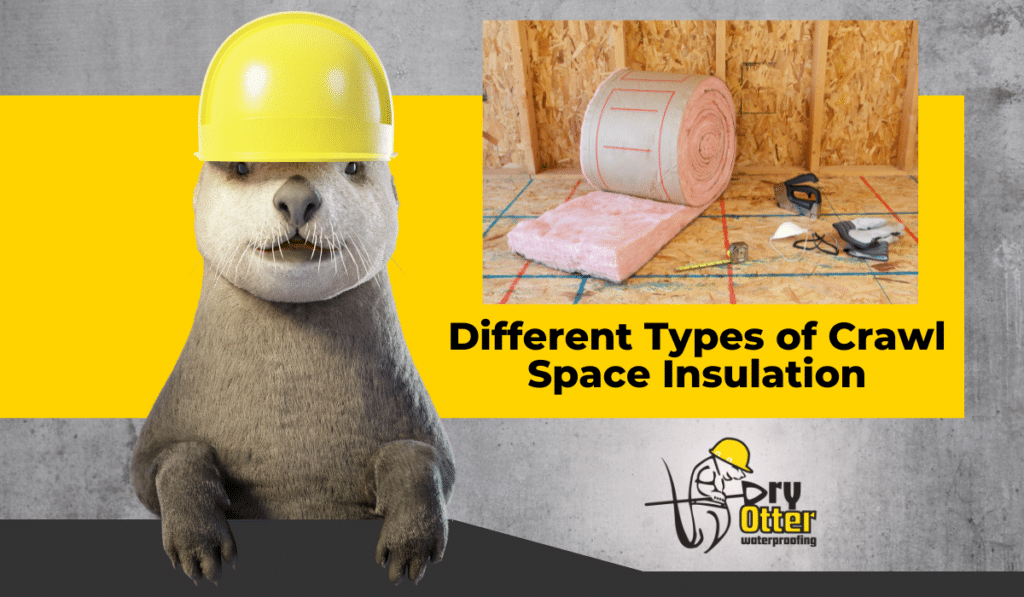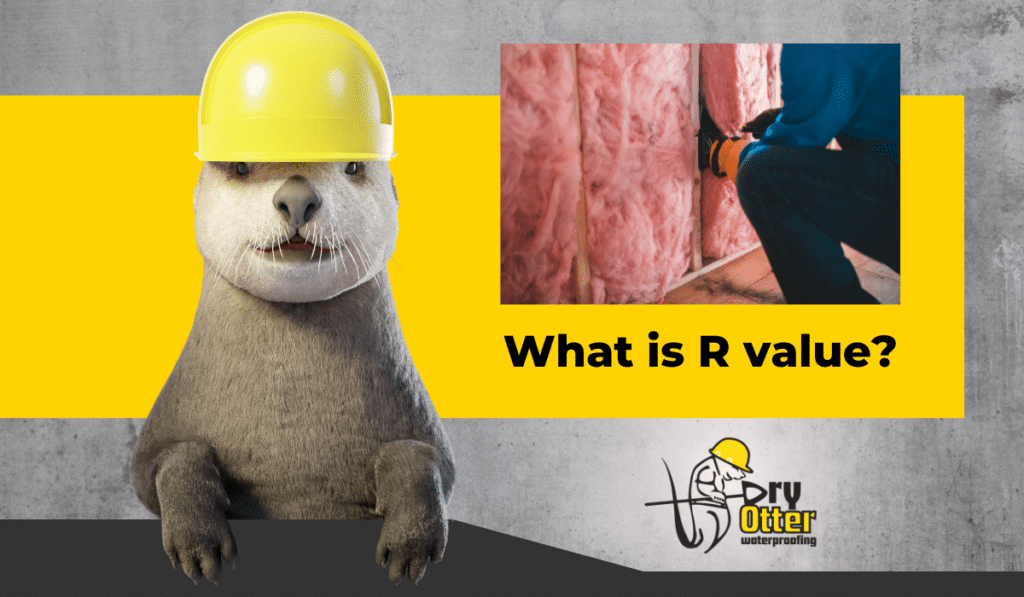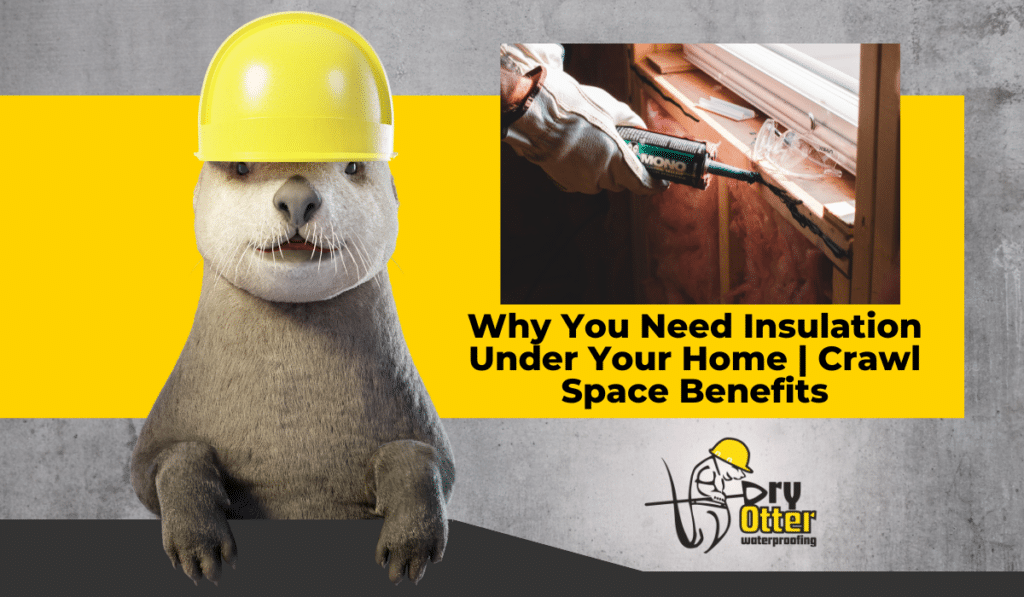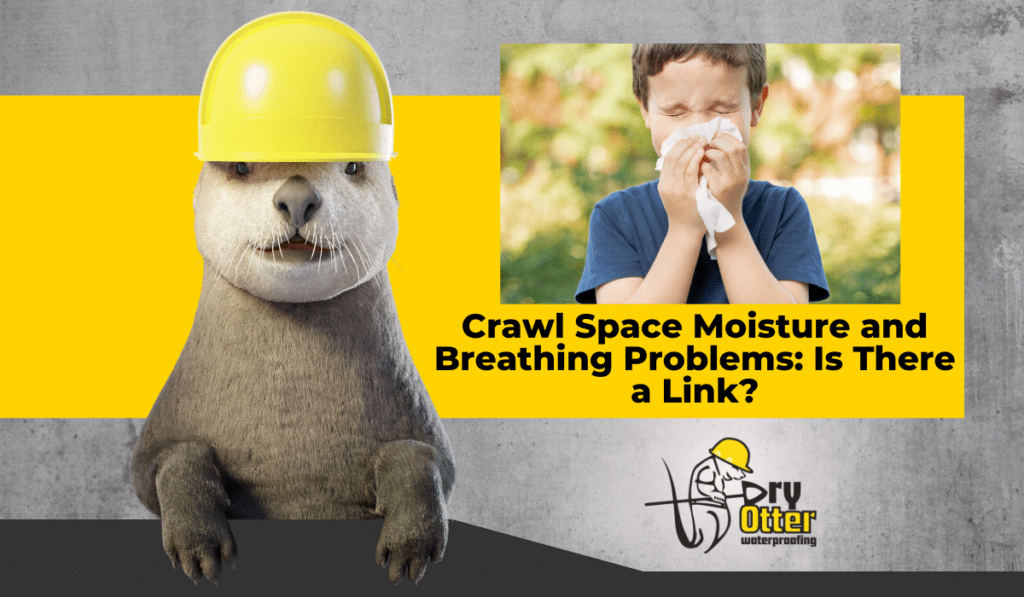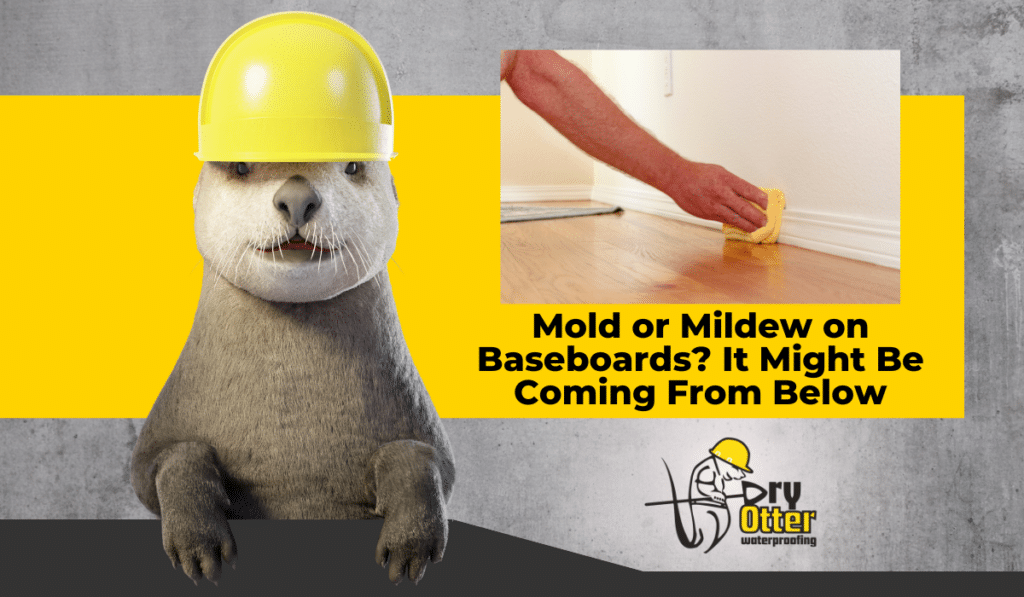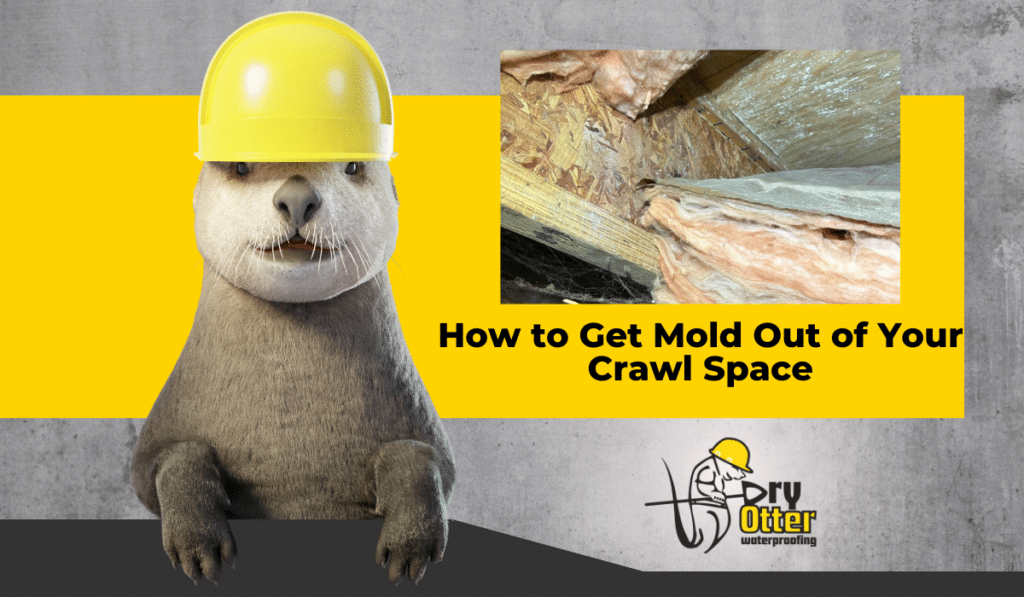The Queen City has a vibrant energy, year-round activities, and Southern Charm. But Charlotte’s sunny skies and mild winters pose a hidden threat: excess moisture.
Frequent bouts of rain, coupled with the threat of flash flooding and high humidity levels, can significantly damage your home. Waterproofing Charlotte, is the only way to protect your home from damaging water intrusion.
Excess water significantly threatens your home’s foundation and overall well-being. By investing in proper waterproofing techniques, you will be safeguarding your most important asset: your home.
Charlotte’s Water Woes: Climate & Soil
Climate:
Charlotte’s frequent bouts of rain, averaging around 41 inches annually, coupled with high humidity levels and flash flooding, creates a breeding ground for water intrusion. This is why home waterproofing Charlotte is so important.
Soil:
Charlotte’s soil is primarily clay. While clay is excellent for good drainage and nutrient retention for plant life, its expansion and contraction cycle poses a significant threat to your home’s foundation.
This expansion/contraction cycle is critical to understand as an area homeowner.
- Water absorption: During periods of rain, clay soil quickly absorbs water, causing the soil to swell in volume.
- This soil expansion puts extreme pressure on your foundation, potentially causing cracks, uneven settling, and structural damage.
- The dry cycle: The hot, dry summers hit the area next, so the water absorbed by the clay soil begins to dry, causing the swelled soil to shrink. This contraction pulls the soil away from the foundation, creating gaps that encourage water to flow around your foundation.
- The expansion/contraction cycle: The area’s seasonal moisture fluctuations pose a constant threat unless you complete home waterproofing Charlotte. Over time, this cycle will worsen existing cracks in your foundation, leading to water seepage and other damaging conditions.
Local Examples:
To determine whether you live in an area prone to flash flooding, look for low-lying areas that naturally collect water runoff and have limited drainage. Neighborhoods built on lower elevations and valleys will be more prone to excess water.
Floodplains are another area that FEMA designates as having a high risk of flooding. The city of Charlotte has maps that outline the flood areas, which usually require flood insurance to indicate you live in one of the flood plains.
Living near creeks and streams also makes your home susceptible to flash flooding. If your home fits any of these conditions, it is crucial to schedule waterproofing Charlotte NC.
Common Construction Challenges in Charlotte
Some common issues that mean you should consider waterproofing Charlotte.
Rushed Construction: With the tremendous growth in the Charlotte area, construction during this boom may be rushed. Corners could be cut, leading to improper installation of waterproofing membranes or flashing around windows and doors. These gaps allow damaging water seepage into your home.
Missing or improper drainage systems, foundation cracks, and lack of waterproof basement walls are all signs that you need to schedule an inspection to determine if additional waterproofing Charlotte is required.
Other construction issues that can threaten the integrity of your home’s foundation are:
- Insufficient grading around your foundation and the lack of proper slope can cause water damage.
- Landscaping planted too close to your home can trap moisture against the foundation.
- Clogged gutters and downspouts overflowing during heavy rains increase the risk of leaks.
- Exterior cracks in the stucco, siding, or brickwork can lead to water infiltration.
- Improper roof flashing.
- Condensation from poor ventilation systems.
These vulnerabilities are all worth taking proactive measures for waterproofing Charlotte NC.
Problem signs to look for in your basement, crawl space, or foundation are:
- Wood damage
- Musty smell
- Efflorescence
- A wet basement or crawl space
- High humidity
- Bowing or cracked basement walls
- Damaged piers
- Drywall cracks
- Sagging floors
- Doors/windows jam
If you notice any of these signs, contact Dry Otter Waterproofing for a professional inspection to determine the next steps in waterproofing Charlotte.
Where Water Gets In – & Where Damage Occurs
Basement leaks:
Cracks, leaking window wells, and hydrostatic pressure lead to water seepage. Basement waterproofing can protect your home against water intrusion.
To understand why basements leak, knowing how they are constructed is essential.
When a builder digs up the soil to construct a basement, they must dig out a section larger than the finished structure. Once the basement is finished, the excess soil is backfilled against the foundation to close the gap.
As it rains, water finds its way to the loose soil, and over time, hydrostatic pressure builds, pushing against the basement walls. Eventually, water seeps in where the walls meet the footers.
Water can also seep through concrete blocks, leaving a white powder called efflorescence.
Understanding the nature of basements, in general, can help you understand why proper waterproofing is important to protect your home’s structural integrity.
Crawl space moisture:
Crawl spaces can be breeding grounds for unwanted moisture, negatively affecting your home. Signs to look for include:
- High humidity
- Musty smell
- Wet crawl space
- Wood damage
- Efflorescence
Crawl spaces have dirt floors, which allow water to seep under the foundation walls and through vents, causing water issues. A lack of vapor barrier, improper drainage, and high humidity all contribute to excess water.
At Dry Otter Waterproofing, we have crawl space procedures to address all these issues, such as putting down a proper vapor barrier, crawl space drainage, sump pump systems, dehumidifiers, encapsulation, and crawl space insulation to guard against water issues.
Foundation damage:
Leading causes of foundation damage are improper grading, faulty or missing drain tile and sump pit, shifting soil due to expansion/contraction, interior water leaks, foundation cracks, a faulty gutter system, and condensation. All require waterproofing evaluation and foundation repair.
Beyond the structure:
Loose soil around your foundation is another issue that requires waterproofing in Charlotte, NC.
Loose soil absorbs water, leading to an expansion/contraction cycle that causes extreme hydrostatic pressure against your foundation walls.
Also, landscaping planted too close to your home’s foundation can trap damaging moisture against your home, leading to problems.
The Cost of Ignoring Waterproofing in Charlotte
Water damage can lead to significant, costly repairs. Waterproofing is the intelligent choice to reduce these costs and ensure your home’s long-term integrity.
The consequences of not having a proper waterproofing system are:
- Mold and mildew growth lead to severe respiratory issues.
- Structural damage like bowing walls, foundation cracks, jamming doors and windows, drywall cracks, and sagging or bouncing floors.
- Lowered property values and difficulty selling your home.
These issues require costly fixes that can be avoided with proper waterproofing.
Protecting Your Charlotte Home: Waterproofing Solutions
Dry Otter offers a variety of solutions for all your waterproofing needs.
Interior and exterior drainage:
Floor drains and French drains channel water to a sump pump so it can be pumped out of the space before it causes damage.
Sump pumps and dehumidifiers:
After installing a proper drainage system, a sump pump is installed to pump water out of the area and away from your home.
The final step is to place a dehumidifier in the space to correct humidity levels.
Foundation repair and crack sealing:
We offer carbon fiber straps designed to strengthen foundation walls and prevent cracking, bowing, and shifting. We also seal all cracks and offer wood joist repair for compromised joists.
Encapsulation:
Encapsulation is a process that covers your walls, columns, and floor with heavy plastic. This creates a vapor barrier that effectively waterproofs your space. A dehumidifier will then be installed to dry out the space after encapsulation.
Dry Otter recognizes that every home is different, so we tailor our solutions to meet your home’s specific needs for waterproofing services you can trust.
Living in Charlotte, with an annual rainfall of 41 inches a year or more, an expanding construction boom, clay soil, and low-lying areas all require keeping your home safe and dry.
Dry Otter Waterproofing is your premier waterproofing service because we understand the unique challenges of living in Charlotte and the surrounding area.
Our services offer practical solutions that protect your home’s structural integrity and reduce long-term repair costs.
Take our “Problem Signs Quiz” today to protect your home. Dry Otter Waterproofing offers a free, personalized assessment and a waterproofing plan you can rely on to protect your home from water damage.
